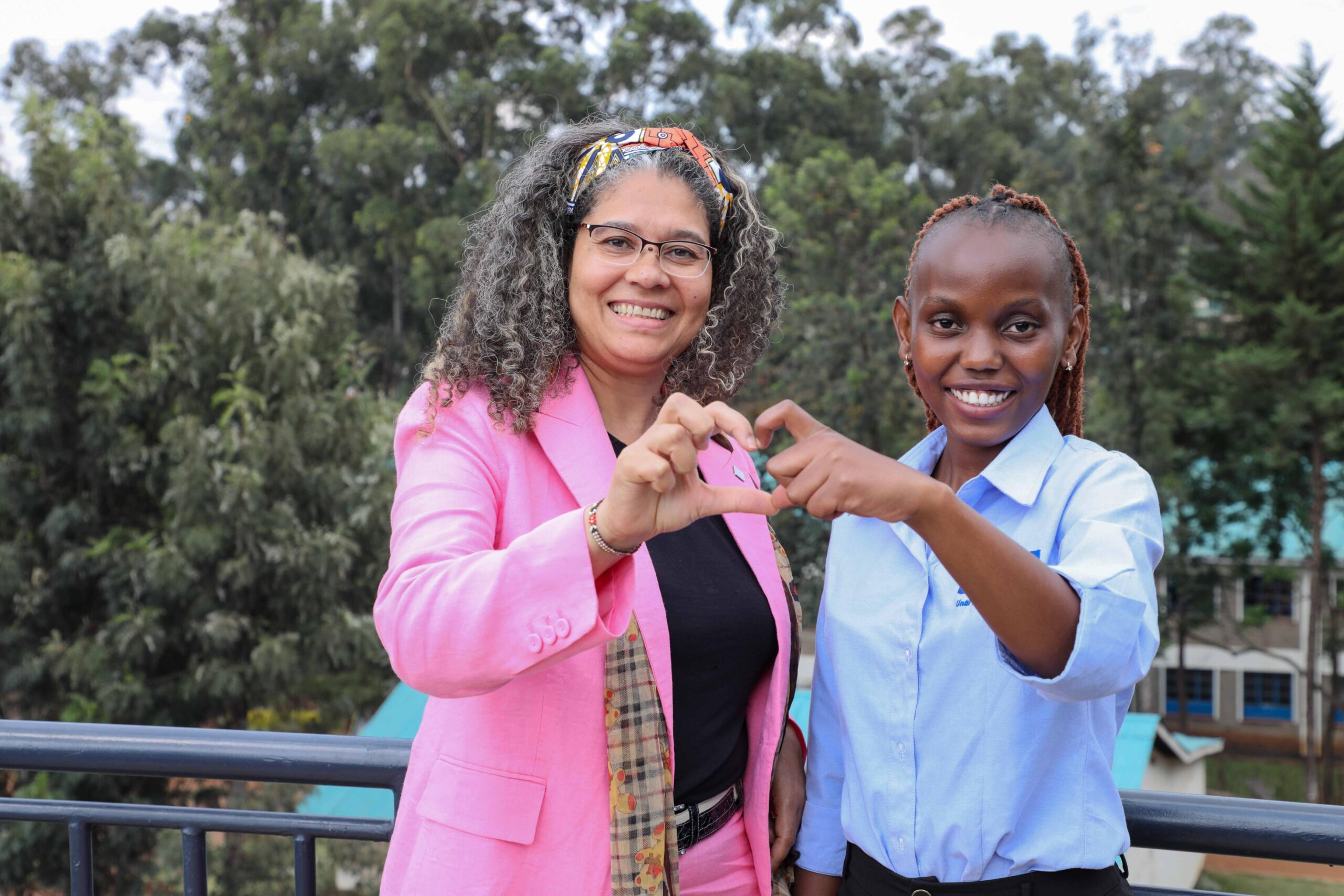
Family Planning in Kenya—Aiming for Equity » Capital News
By Eduarda Mendonça-Gray, Deputy Development Director, British High
Commission
“If it’s not measured, it’s not done.” This simple truth underscores the power of data
in shaping public health outcomes. In Kenya, data-driven decision-making has
transformed access to family planning over the past three decades. Since 1993, the use of modern contraceptives among women aged 15-49 has more than
doubled—from 27% to 57% in 2022. Behind these numbers are millions of lives
changed, futures reimagined, and opportunities unlocked. Further, it allows Kenya to reap economic dividends from its demographic transition.
Yet, as we mark World Population Day, we must confront a sobering reality: progress has not been equitable. Many communities—especially those in remote areas, young people, and people with disabilities—remain underserved. The journey toward universal access to reproductive health is far from over.
In 2019, the UK government launched the Delivering Sustainable and Equitable
Increases in Family Planning (DESIP) programme in partnership with Kenya’s
Ministry of Health and a consortium of organisations. Its mission: to close the equity gap in family planning access. Operating in 19 counties, DESIP has delivered over 3.7 million couple years of protection and reached more than 360,000 new users.
These achievements are not just milestones; they are a testament to what is
possible when equity and impact guide our efforts.
At the heart of DESIP’s success are community health promoters—local champions
who distribute contraceptives, raise awareness, and challenge stigma. Their work
has mobilised young people, men, and faith leaders to reshape the narrative around
reproductive health. Importantly, DESIP has also trained health workers to support
people with disabilities, ensuring that no one is left behind.
What set DESIP apart was its commitment to learning and adaptation. By returning
to the same counties year after year, the programme built trust and tracked how
policy and service delivery changes affected real lives. This played a key role in
deepening our understanding of what equitable family planning truly looks like.
Still, challenges remain. In some counties, contraceptive prevalence rates are below 10%. Stock shortages, understaffing, limited funding, and outdated policies continue to hinder access—especially for the most vulnerable.
We continue to call on the Government of Kenya to take bold action:
Scale up primary care networks to strengthen preventative services.
Ratify the Adolescent Sexual and Reproductive Health Policy to increase
access for young people.
Ensure consistent financing for family planning commodities.
Tackle stigma, gender-based violence, and discrimination that
marginalise vulnerable populations.
Kenya’s pledge to fully fund family planning by 2026 is commendable. But pledges
must be matched with action—at both national and county levels.
Reproductive health is not a privilege. It is a right. And it is a shared responsibility. It
allows families, women and men, to decide when and how many children to have.
Governments, donors, civil society, and communities must work together to ensure
every Kenyan can make informed choices about their health and future.
We’ve made remarkable progress. Now, let’s go further, together.
Eduarda Mendonça-Gray is the Deputy Development Director, British High
Commission
Post Views: 2